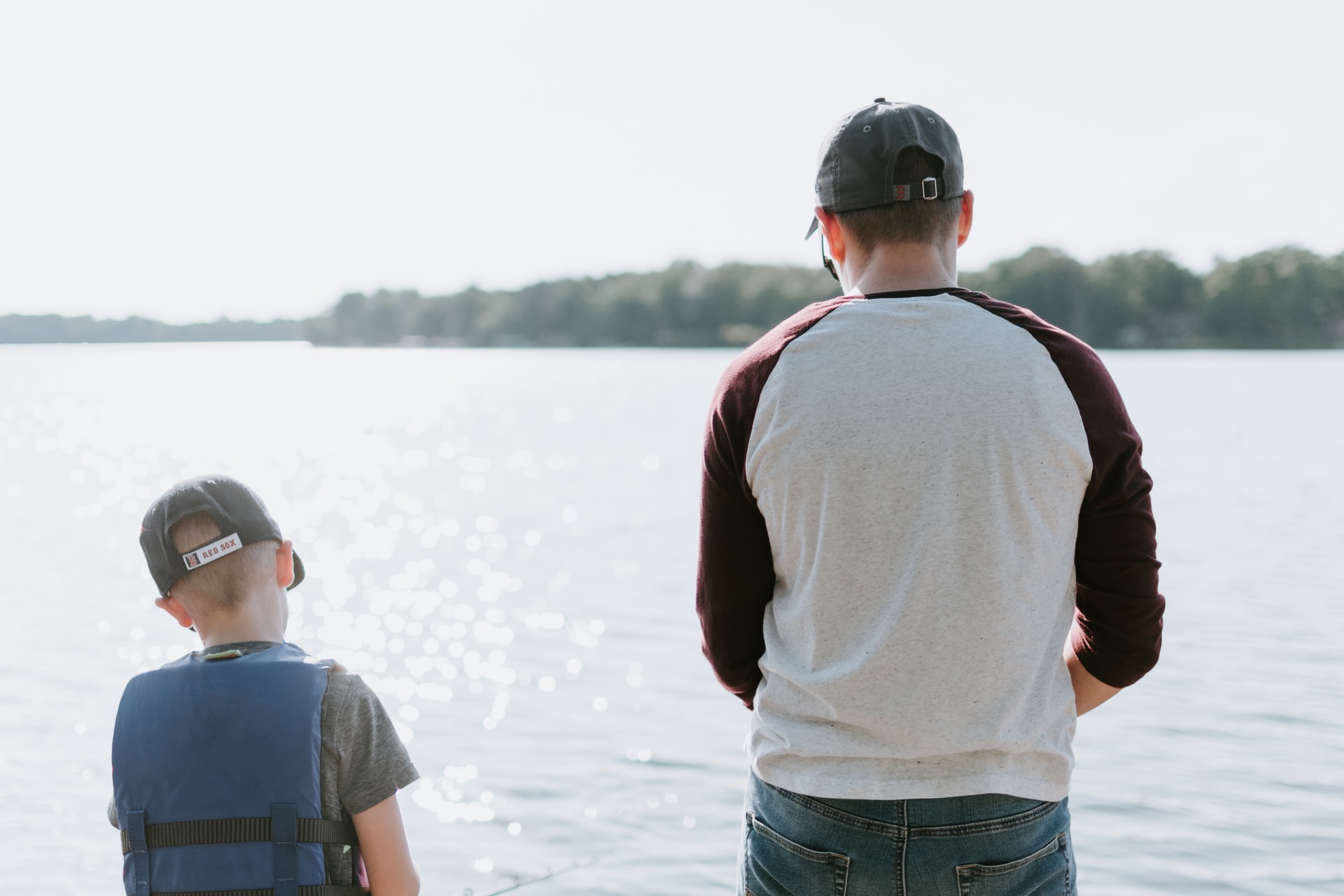“The idea is to die young as late as possible”- Ashley Montagu
Most people do not think about end-of-life planning unless they are forced to. It seems so far away when you’re young and vital and unless there is a grim reminder, it feels unnecessary. It sort of feels like something you do when you are older but each day you grow older you just don’t seem to feel old… yet.
You are never too young or too old to make end of life plans. Your planning may vary or change in depth over time, but it’s never too early or too late to talk about such things. Generally, something triggers a chat about end of life.
- An accident in your community
- A loved one dies suddenly
- Someone you know has a terminal diagnosis
Things like this spark conversations because they are close to home. It’s a reminder – gentle or shocking – that we are not immortal.
Here are some pro-tips for talking about end of life planning no matter what your age.
Pro-tip: Talking with children – Children pass away. It’s an undeniable yet grim fact. Your child may have been touched directly by the passing of a friend or classmate or your child may have been given a diagnosis that could result in their death. Under the right circumstances, having a conversation about end of life plans may be right for your child.
Ask open-ended questions that get your child thinking. You can ask about mature-themed issues in a way that is child-friendly and age-appropriate. It’s alright to ask about how your child would want to be buried or remembered during a memorial. Use this time to educate your child about the realities that everyone dies and that it is a natural part of living.
Pro-tip: Talking with teens – Chances are greater your teen will know someone who has passed unexpectedly. Teens can be emotional about death, especially of friends their age. The developmental stage of tween and teen life can elevate emotions and intensify reactions to death. This shouldn’t diminish the importance of tackling the issue head-on.
Be open and honest with your teen about your feelings about dying, death, and what your perspectives are. Ask for their thoughts and compare and contrast your beliefs. Seek to understand and come to conclusions about what your teen wants and how they feel about important issues like organ donation, life support, and what quality of life means to them.
Pro-tip: Talking with adults – From your spouse or siblings to your aging parents, there is a wide range of ages in adulthood. Talking about end-of-life plans will vary based on who you are engaging and what role they play. Everyone is different and some people are more resistant to talking about end of life plans. Regardless, there are decisions that need to be made.
Don’t blindside anyone with a talk about tough issues. Prep and plan to have a discussion. Do your best to decide what medical consents your family member agrees to and who will make decisions if they can’t. Make decisions about the types of burial or cremation they consent to and talk frankly about costs and how they will be met.
Part of what makes talking about death scary is your attitude about it. The easier you approach the subject, the easier it is to talk about it. You are never too young to begin thinking about how you want to be supported medically and cared for when you die.




